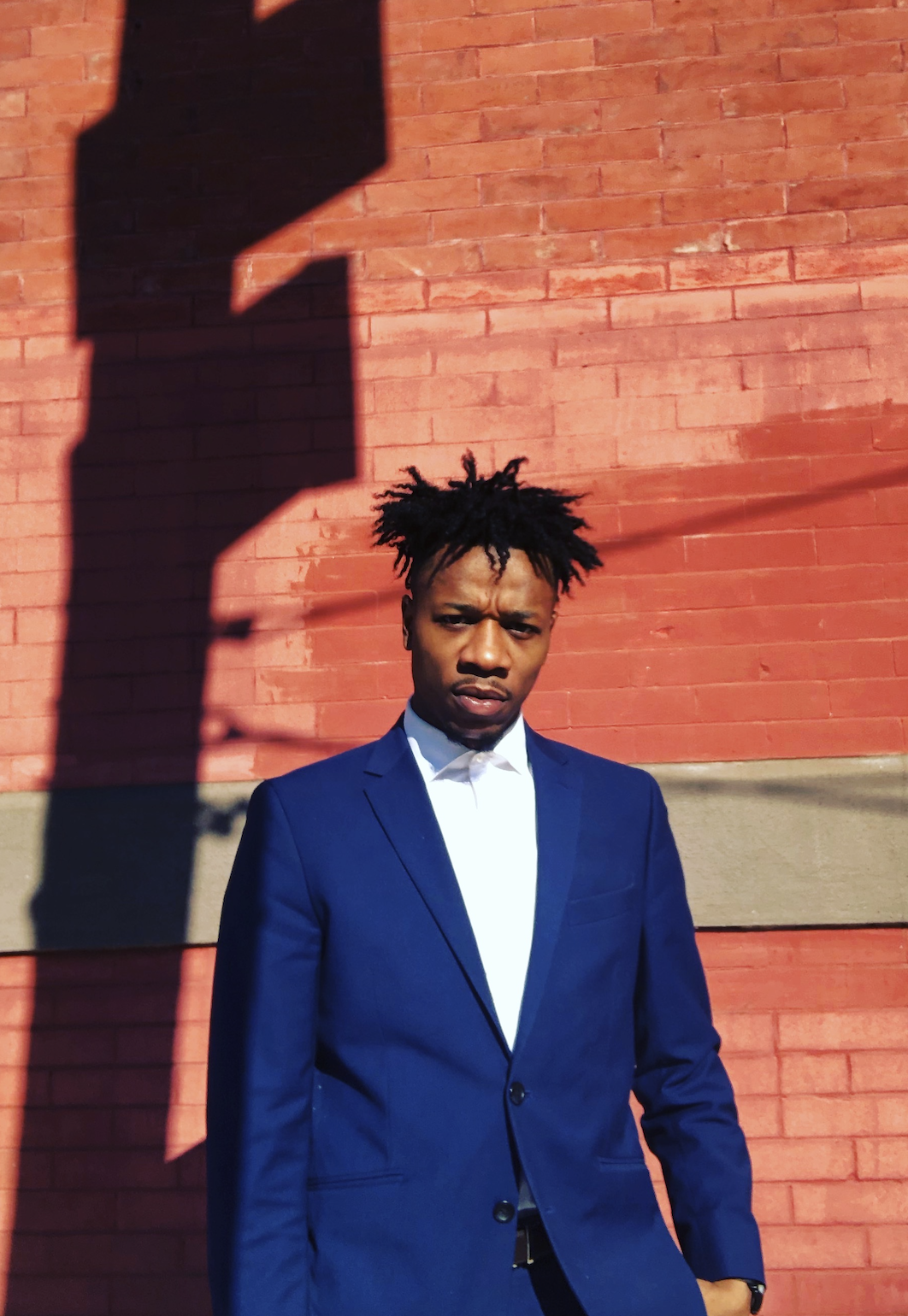School In The Future
Imagine waking up early on a Monday morning, and somehow, you’re seven years old. You brush your teeth, put on your favorite shirt, then you log onto your 1st class of the day. Still sleepy. Somehow your teacher managed to get you excited about math?! Both hands raised, she calls you to solve a problem no-one else could figure out. As you open your mouth to give your answer, which is 100% correct, by the way, and your Wi-Fi fails. This is the reality of children everywhere experiencing school in the future.
Third-grader, Zamir Frazier, says what’s been the most significant difference in his school experience: “Well, for instance, we’re all on computers. Also, now we need the internet just to talk. Sometimes it’s terrible, sometimes it’s good.”
Although remote learning is impossible without Wi-Fi, parents have more things to keep in mind for their scholars to be prosperous.
Janel Rochez is the mother of a first-grader:
“Remaining consistent, making sure the work gets done. It’s so easy to fall behind. It’s not intentional, but it can happen very easily. Making sure the space is quiet. Making sure the wifi doesn’t go out. Making sure she remains engaged. You know she’s still a little kid, and we’re asking them to do things we’ve never asked children to do before.”
Once taken for granted, the school building is now missed by students, teachers, and parents alike. Director Tyree Barnes of Great Oaks Legacy Charter school gives insight into his observations.
“Some students have struggled through remote learning. Some students have also excelled in terms of having fewer distractions. It’s just me, my auntie, my grandma, my mom, or my dad or whomever. We’re just sitting here at home in front of the computer, and I’ve seen an increase in academic performance.”
Evidence shows that peer learning creates greater confidence and independence in knowledge, more in-depth understanding, and improved grades for peer leaders and their students. School in the future has its obstacles, but Director Barnes is confident that dedicated educators with a compassionate and optimistic approach can make a world of difference.
“I sometimes know from the outside looking in it seems like math and books and reading, yes those things are essential, but at the core of the work that we do, we build relationships. I think it's largely been dependent on the facilitator's energy. But to get our teachers and adults in the energy of being engaging and creative and fun-loving and high spirited despite all the challenges that are happening. That is trickled down to; or impacting the scholar.”
The team at Great Oaks Charter School is innovating the way educators interact with scholars to ensure togetherness in these times of physical separation.
“You know, one of the things I’m really proud of my staff is that we’ve created spaces where students can kind of disengage from the academic so to speak. And have community time with each other. Whether we’re watching cartoons and having breakfast together or having a discussion that’s less focused on the curriculum we need to get through for the year. But to build community with each other.” - Director Barnes
Third-grader Zamir, on his predictions of what school will look like in the future:
“School would be space camp. And we would get to do things like be in zero gravity.”
Students learning in space camp may be up for debate, but with dedicated instructors on the front lines, school in the future has a bright future. No matter how committed the educational system is to innovation, parents should try their best to be as active as possible to give their children the maximum potential to succeed. For a list of resources such as tips to create a workflow for your scholar and free or low-cost Wi-Fi, visit:
www.projectreadynj.com || Newark Trust COVID-19 Resources || NPS Student Resources
This story is part of the Newark News and Story Collaborative made possible by grants from the Geraldine R. Dodge Foundation and the Victoria Foundation. The Newark News and Story Collaborative, headed by WBGO Community Engagement reporter Brit Harley, is committed to elevating community-driven storytelling to fill information gaps in both local and national media. The Collaborative trains community members in storytelling, media-making, and other creative art forms to share and amplify their experiences. It’s laying the groundwork for a collaborative network that will address longstanding information inequities in Newark, New Jersey.

